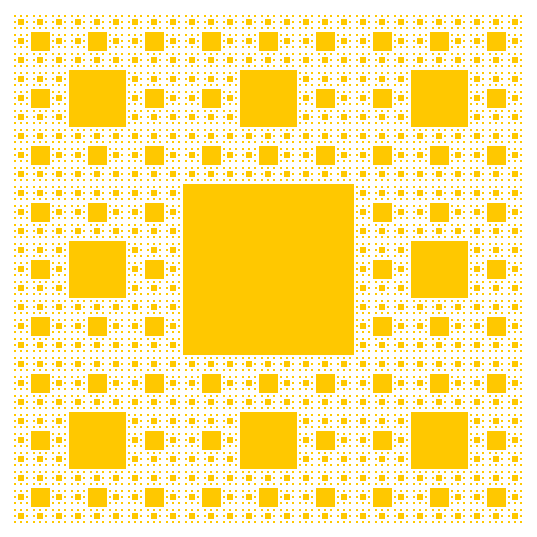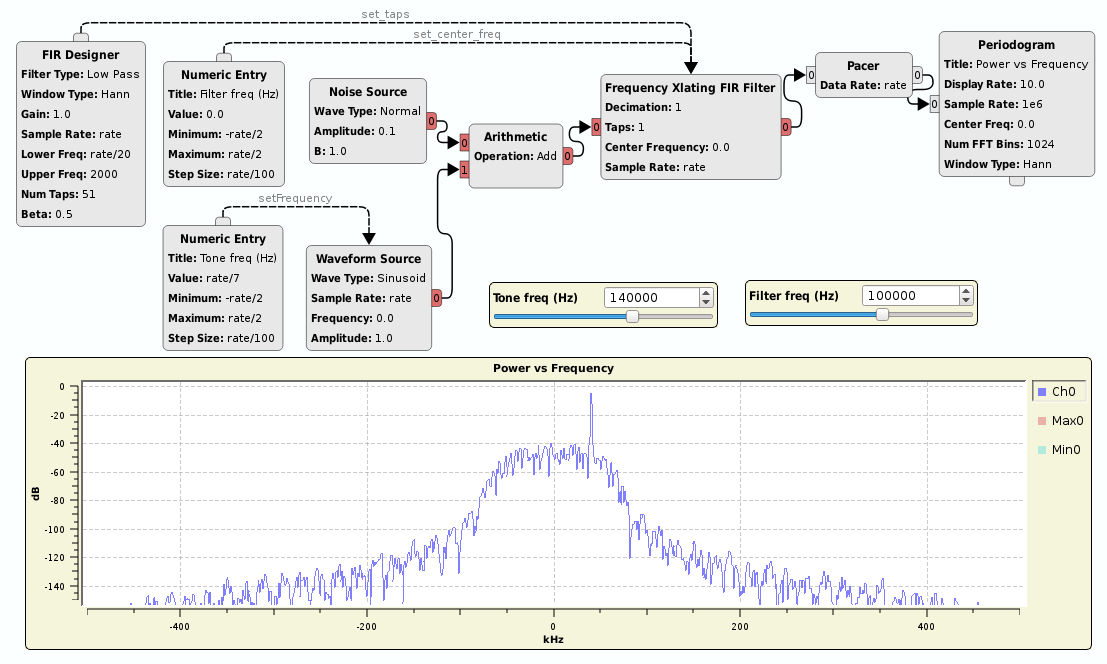OCaml Hello World and more
Well Hello There!
As tradition has it, every new programming language experience must begin with the basic Hello World. Let’s walk the the basics of how to set up our development environment specifically for OCaml and demonstrate how to compile our basic program.
Warming up our Environment
Of course we could just use our vanilla editor to enter our OCaml programs, but a more efficient work environment leverages an extensible editor that is aware of our programming language. Editors like sublime, Atom, and Visual Studio Code are some of the more popular selections. Vim and Emacs are also options, but the new tools tend to support vi/emacs style editing while offering more extensive and expansive features.
Continue reading




